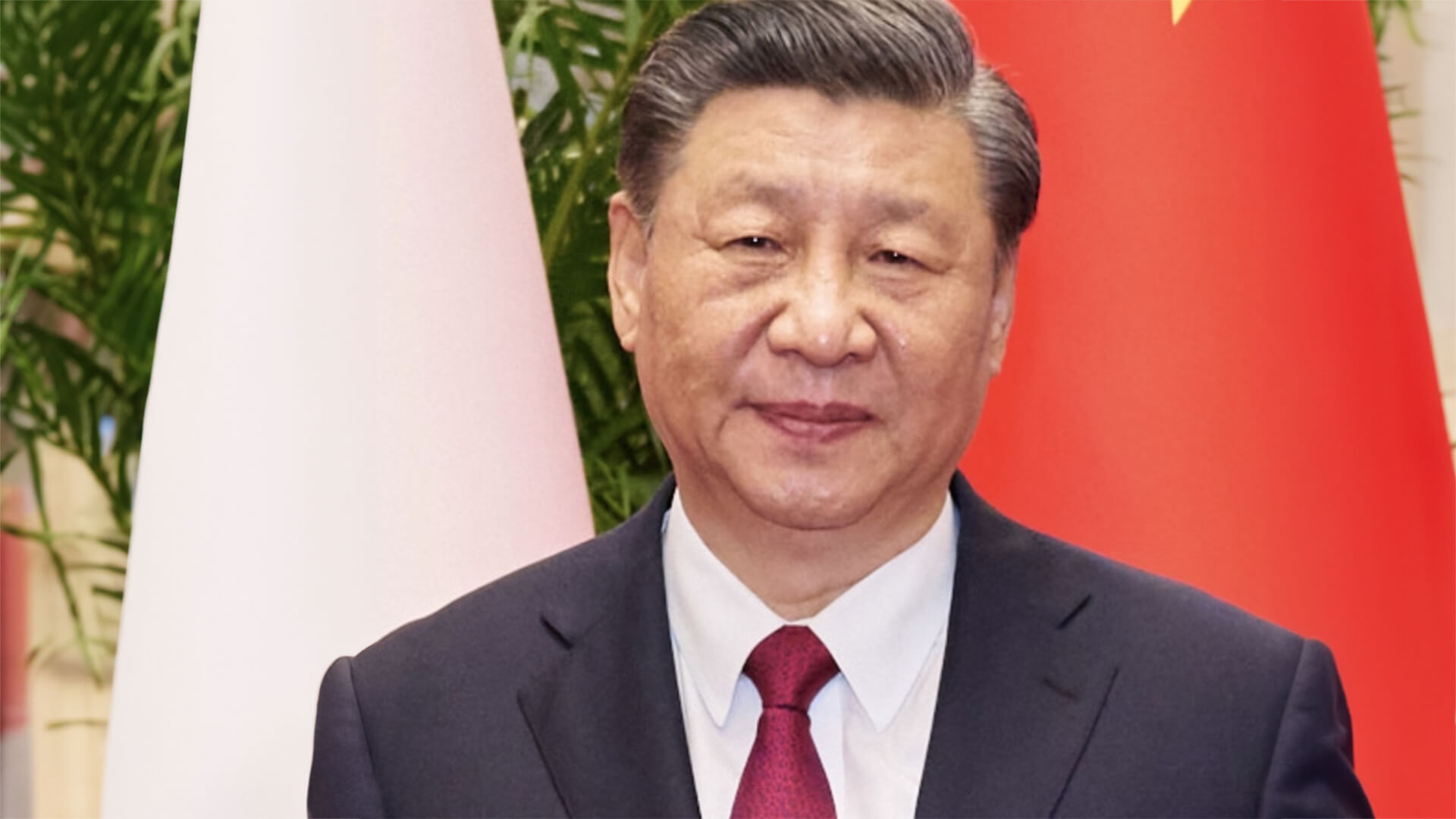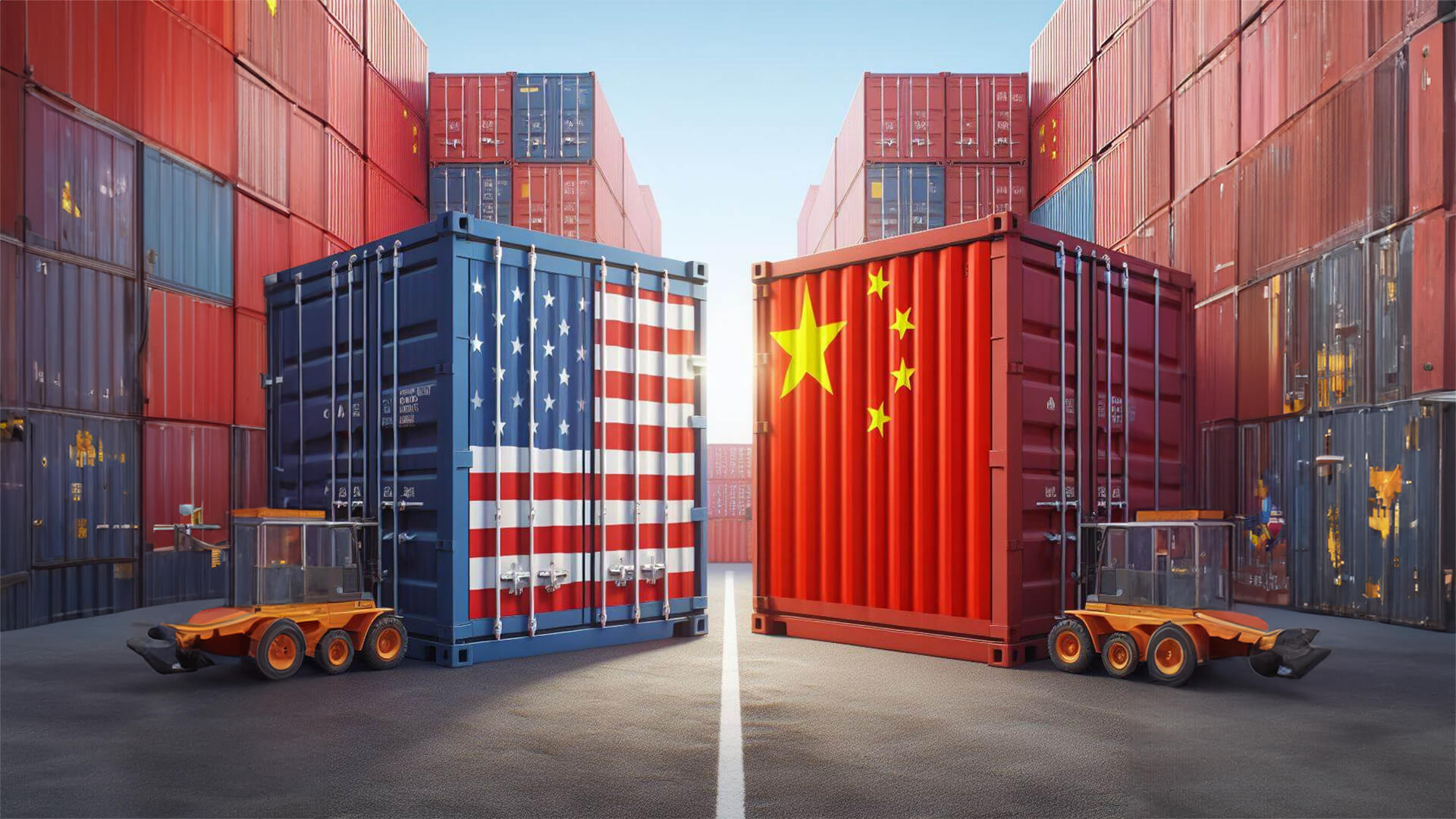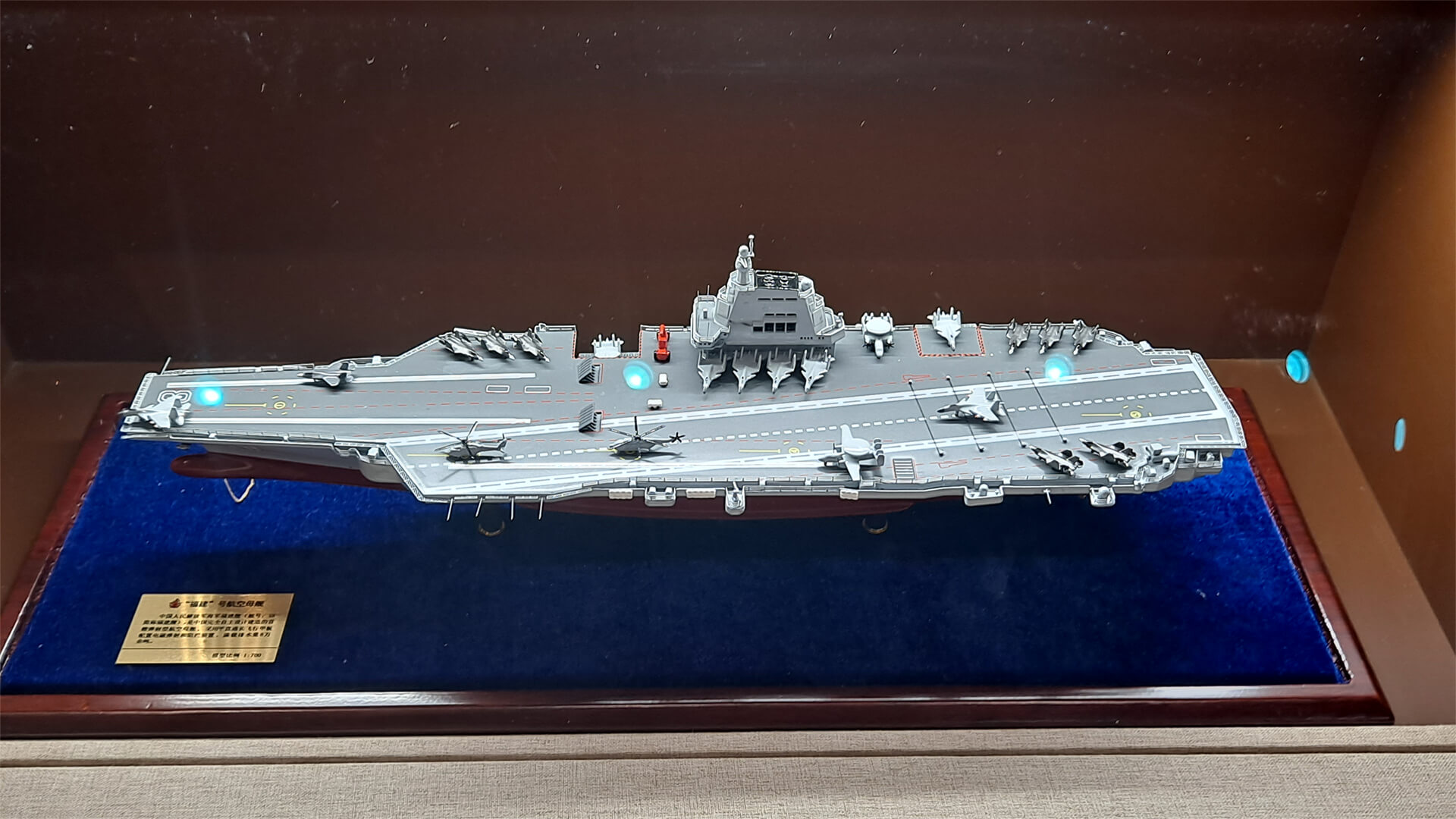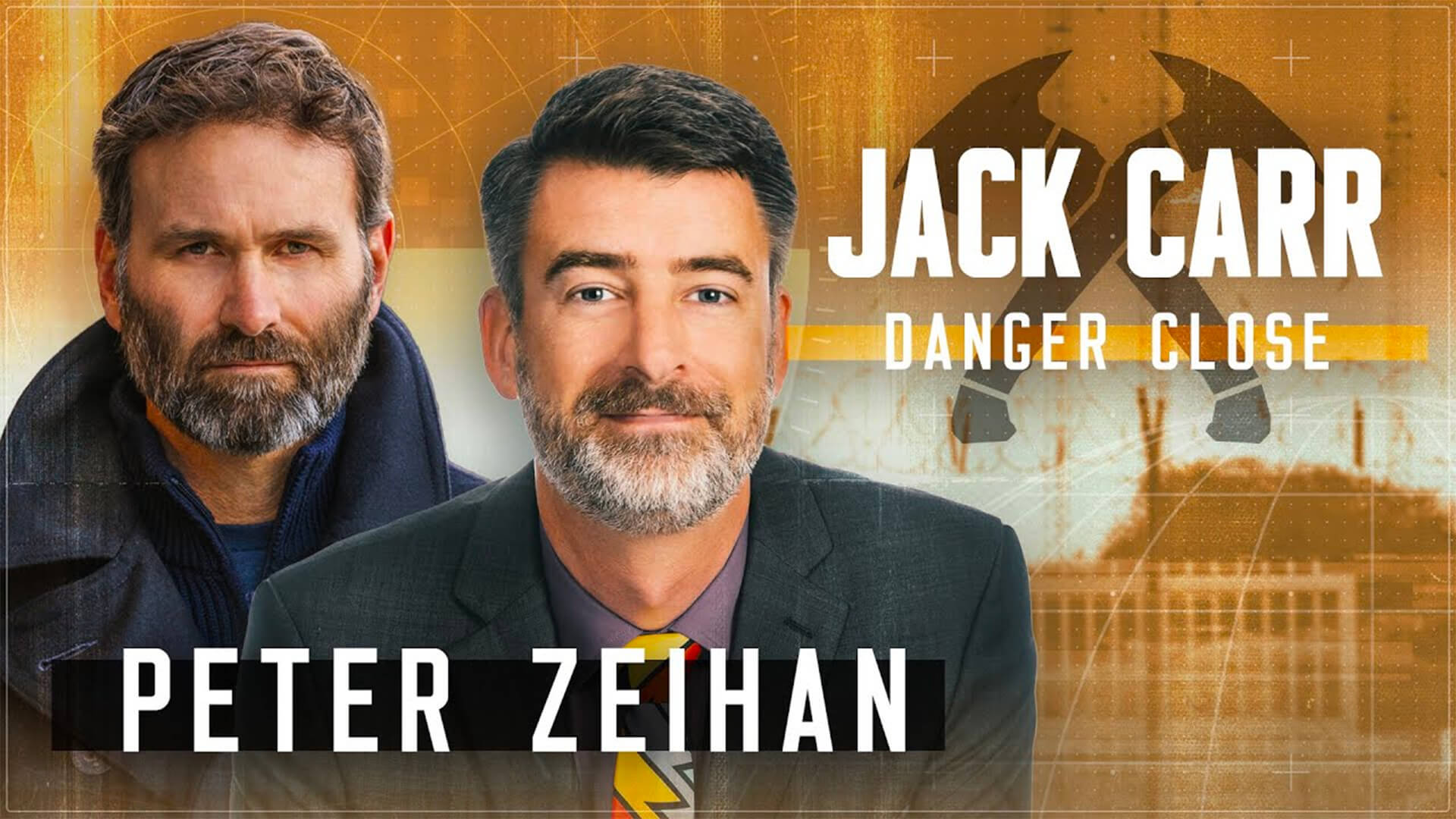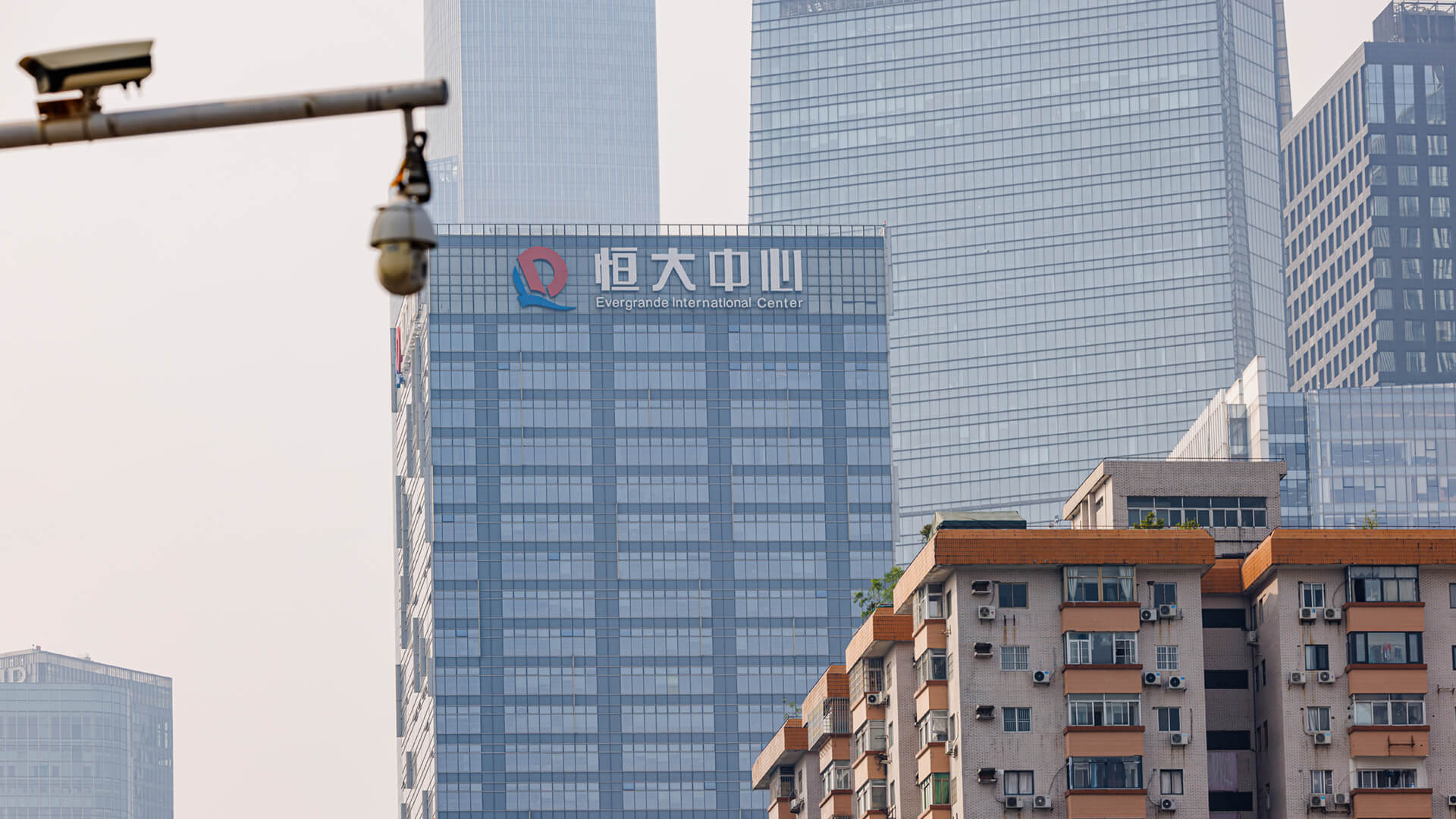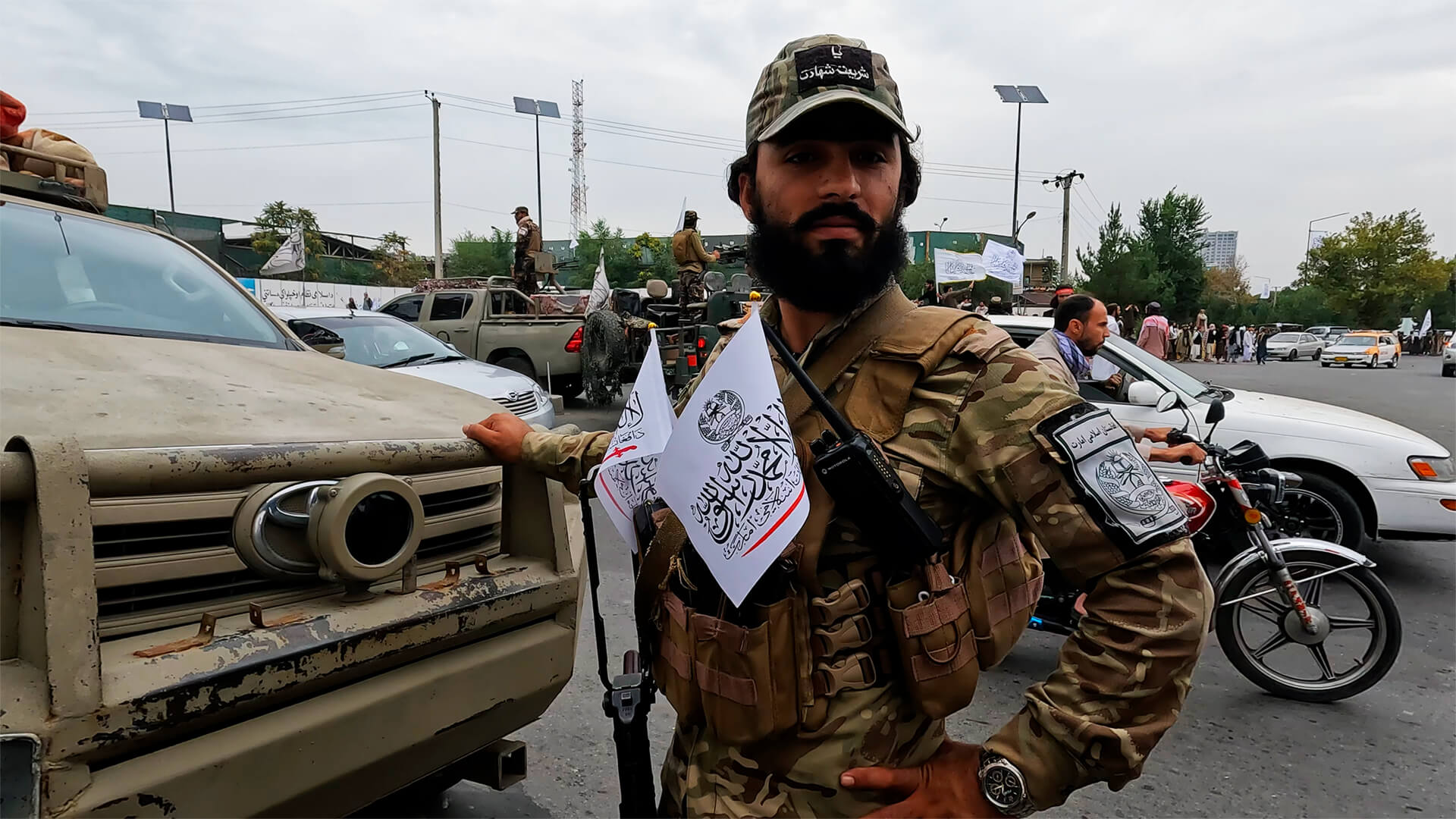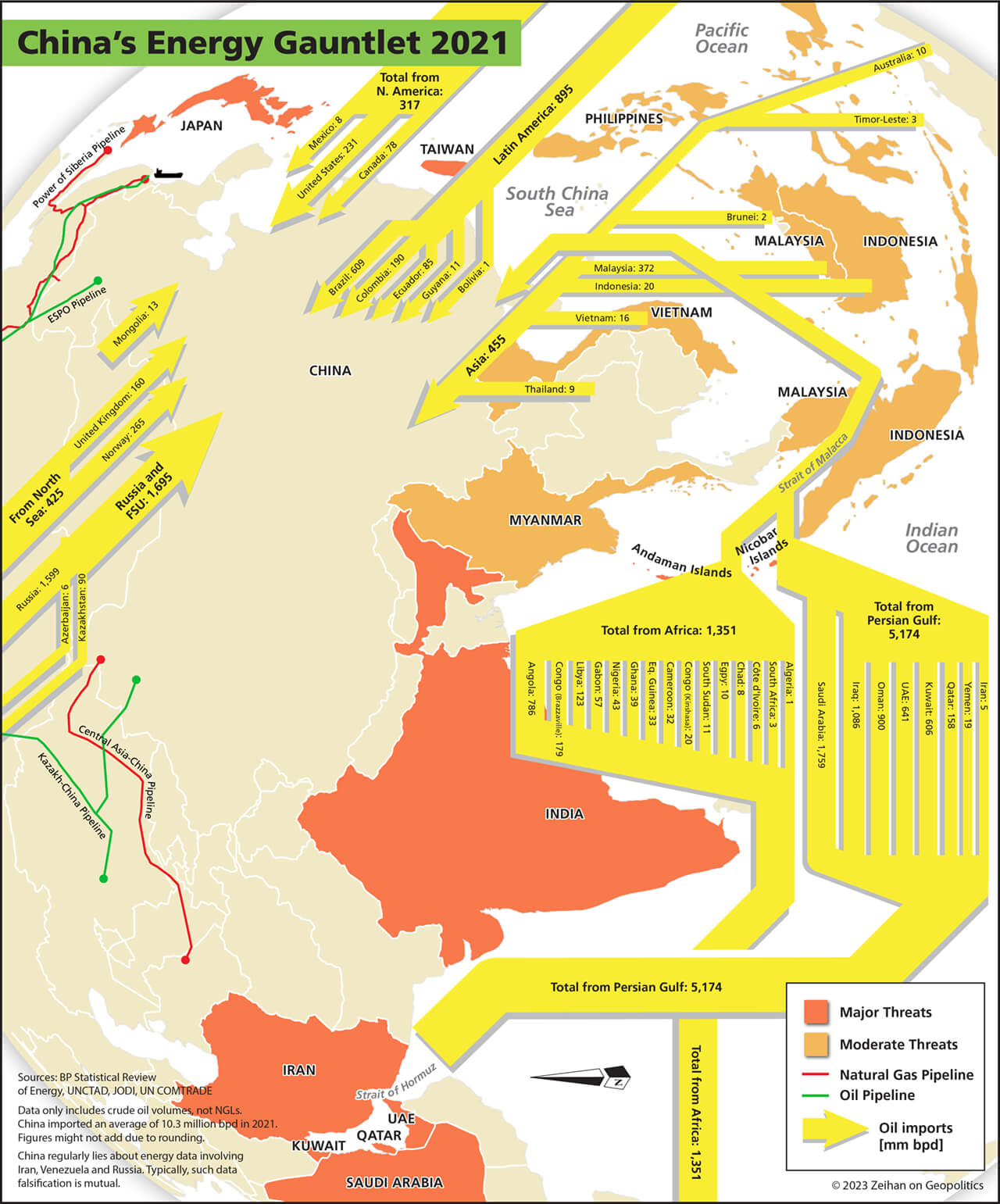*This video was recorded in mid-July, prior to Peter departing on his backpacking trip.
I’ve been asked to address the claim that China has surpassed the US as a nuclear power. On paper, China might have the upper hand, but that doesn’t always translate to real life.
China has been busy building the world’s largest nuclear fleet, and the US hasn’t built a plant since the 70s (even if they have had more recent expansions). However, the technology being used in the Chinese plants is dated and ignores major safety concerns. The US has struggled to keep a labor force large enough to operate new plants, but there’s potential for modular reactors and new tech to shift the tides in favor of the US in the coming decades.
Now onto the explosive stuff. The US nuclear arsenal is top-notch, well tested and maintained. The Chinese are expanding their arsenal, but precision manufacturing and testing are limiting that growth.
So, the Chinese may have the numbers leaning their way for nuclear power, but in the areas that really matter (like nuclear weapons) the US is still sitting comfy.
Here at Zeihan On Geopolitics we select a single charity to sponsor. We have two criteria:
First, we look across the world and use our skill sets to identify where the needs are most acute. Second, we look for an institution with preexisting networks for both materials gathering and aid distribution. That way we know every cent of our donation is not simply going directly to where help is needed most, but our donations serve as a force multiplier for a system already in existence. Then we give what we can.
Today, our chosen charity is a group called Medshare, which provides emergency medical services to communities in need, with a very heavy emphasis on locations facing acute crises. Medshare operates right in the thick of it. Until future notice, every cent we earn from every book we sell in every format through every retailer is going to Medshare’s Ukraine fund.
And then there’s you.
Our newsletters and videologues are not only free, they will always be free. We also will never share your contact information with anyone. All we ask is that if you find one of our releases in any way useful, that you make a donation to Medshare. Over one third of Ukraine’s pre-war population has either been forced from their homes, kidnapped and shipped to Russia, or is trying to survive in occupied lands. This is our way to help who we can. Please, join us.
Transcript
Hey, everybody. Peter Zeihan here, coming to you from a stormy day in Colorado. Hopefully, we won’t have a lightning strike close enough to make things too exciting. Anyway, today we’re taking a question from the Ask Peter forum. The question is about recent reports suggesting that the United States is falling behind China in nuclear technology. What are my thoughts on that?
This is a complex issue with both yes and no aspects. Let’s start with where China is doing well, which primarily concerns nuclear power generation and the deployment of new nuclear power facilities. Since the Three Mile Island incident in 1979, the United States has only built one nuclear facility, the Vogtle plant, constructed by Southern Company. A major issue they faced was talent and labor. When you haven’t built new nuclear power facilities for nearly 50 years, there aren’t many people entering that field, and those who were in it have mostly retired. As a result, the U.S. has had to reinvent certain skill sets and recruit former Navy nuclear engineers, like those who worked on submarines, to fill the ranks. This is a very costly process.
In contrast, China is building out what will easily become the world’s largest nuclear fleet. This means there’s a whole generation of nuclear engineers and construction workers in China who are experienced in this field. So, it’s not that Americans can’t do it or that we’ve lost the technology; we’ve lost the labor force. From a practical standpoint, that’s almost as bad. But it’s important to note that the type of nuclear reactors used in both the U.S. and China are typically light water reactors, a technology dating back to the 1950s. While China is developing a more robust and redundant labor force for 1950s and 1960s technology, this doesn’t necessarily mean they’re getting ahead in innovation.
If the United States decides to re-enter the nuclear power generation field, the likely approach would be through small modular reactors (SMRs). The advantage of large nuclear facilities is that they can generate over a gigawatt of power, enough to supply many cities. However, the problem with light water reactor technology is the potential for meltdowns, like a lighter version of the Three Mile Island incident. Public resistance to having these reactors near cities is a major reason why the U.S. hasn’t built more. In China, where public opinion and safety concerns are less of an issue, they’re building them rapidly.
The advantage of SMRs is their small size—they can fit on the back of a truck and be plugged into existing systems, like decommissioned coal plants. They are mobile and can be moved to where they’re needed. This makes them a good partner for renewable energy sources like wind and solar, which are intermittent, or for decarbonizing energy production. You can take an SMR to a decommissioned coal plant that already has all the infrastructure and simply set it up and run it. This technology could be a real game-changer.
However, building the prototype is a significant challenge. A company that was trying to break into this space faced setbacks last November when contracts fell apart, setting the effort back to the drawing board. While other companies are working on it, none are likely to have a working prototype within the next 3 to 5 years. Without a prototype, mass production of the technology is unlikely within the next decade. While SMRs are an interesting concept, they’re not progressing rapidly at the moment. As far as I know, China isn’t focusing on this direction either, as they’re more concerned with building large reactors.
There is also the possibility of using fourth-generation reactors, such as pebble-bed reactors. The French are working on this, but we’re not yet at the stage of having a functional prototype, so it’s too early to draw any conclusions. Even if the prototype is perfect, actual construction might not begin until 2035 to 2040.
Now, let’s talk about nuclear weapons. Nuclear materials aren’t just used for generating electricity; they can also make very dangerous weapons. The United States was not only the first country to build and use an atomic bomb but also the first to develop a hydrogen bomb. American nuclear weapons are likely still the best in the world, although we haven’t used one in quite some time. We’ve developed ways to use computer simulations to ensure our arsenal is effective and safe. The U.S. remains the world leader in maintaining and refurbishing nuclear reactor cores to ensure they don’t degrade.
However, the only way to know for sure how well these systems work would be to engage in a full-scale international intercontinental nuclear missile exchange—a test that, thankfully, we don’t want to conduct. But I’m confident that American weapons are still the most advanced. From the last time we had insight into Russia’s nuclear capabilities, they’ve likely slipped from being the second-best to something like ninth in the world. They still have many warheads, but the question is whether these warheads have degraded. Considering the poor performance of other Russian military equipment in Ukraine, it would be surprising if their nuclear arsenal were the one thing still functioning perfectly. This doesn’t mean we should provoke Russia into a nuclear conflict, but if such a situation arose, the blast radius of their bombs might be less than expected. It would still be a disastrous event.
As for China, they currently have only a few hundred deliverable nuclear weapons. They’re working on expanding this force and aim to reach some form of numerical parity over the next 15 years. This goal involves overcoming significant challenges, primarily related to precision manufacturing. Building a plutonium bomb requires creating an explosive core with a series of synchronized explosions around the core to force it to collapse and trigger a reaction. The Chinese can do this, but scaling it up is a challenge. They also need to miniaturize the warhead and ensure it can survive the forces of launch and re-entry. While the Chinese are not lagging in these areas, achieving all these requirements together is complex and untested in real-world conflict scenarios.
If they fail, it won’t be for lack of trying.


